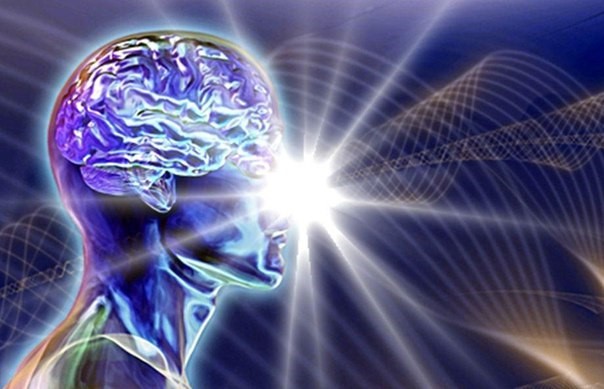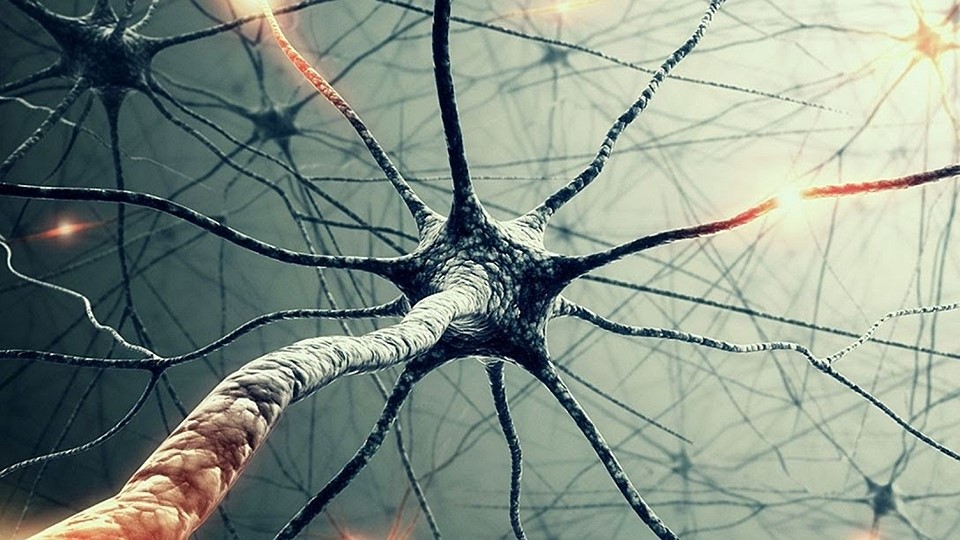When heart attack most is clear: When it occurs, the person often constantly was previously a long time under a lot of pressure, be it for business or pleasure. “With the skin, it is much more difficult to make the connection between dermatological complaints and stresses in everyday life clear to the patient.
However, the specialty of psychodermatology is not yet widespread. Although well-known proverbs indicate a connection between skin and psyche, for example, that something “gets under your skin”. Or that the skin is the “mirror of the soul”. For example, stress can show up in the form of skin problems. In addition to organic causes, psychological factors often play a role in their development.

Psychosomatic
Contents [show]
In dermatology, this is increasingly underpinned. “There are a number of diseases in which psychological factors can influence the course of the disease,” says Klein, who heads the psychodermatology group at the Austrian Society for Dermatology and Venerology and works as an elective doctor in Eisenstadt.
There is already good data on this in the inpatient area. “We know that about a third of inpatients in skin departments have a psychosomatic component.”
These psychologically triggered diseases include classic skin diseases such as neurodermatitis (atopic dermatitis), psoriasis or hives, acne, and even skin cancer. Then there is sometimes a fatal vicious circle: worries, fears, anger, or tension exacerbate the skin disease – this affects the mood and in turn has a negative effect on well-being. People also tend to contact consultant dermatologist U.K.
Complicated interplay
It is triggered by a highly complicated interplay between the nervous and immune systems. This is due to evolution, Klein emphasizes. “Skin and nerves come from the same development path and skin areas are cared for by their own nerve roots.” This can be observed particularly well with shingles. “The viruses sit in the nerve tract and migrate into the skin – triggered by stress, for example – where they trigger the wounds.”
Chronic stress
In the case of skin diseases, chronic stress in particular disrupts the immune system. Among other things, because coping strategies are missing, as researchers from the Croatian University of Rijeka found in a study with adolescents psoriasis patients. In stressful situations, the body releases more and more stress hormones such as adrenaline and norepinephrine – these hormones are supposed to get the immune system going through inflammatory processes.
Antagonist cortisol
The hormone cortisol is added later. It serves to dampen the inflammation caused. However, these regulatory mechanisms can shift chronic stresses – the body no longer produces enough cortisol.
That means: the counterpart of the inflammatory processes is missing – eczema in neurodermatitis or psoriasis becomes more and more due to the excruciating itching.
This is based on much newer knowledge from psycho-neuroimmunology. “We’re learning bigger and bigger details about what’s going on in the body,” emphasizes Klein. “Also that the human body is not a one-dimensional system.” In 2008, researchers from the Berlin Charité discovered another building block that fires the stress system for psychosomatic skin diseases: the so-called neuropeptide-neurotrophin axis.
Under stress, certain nerve cells multiply very quickly and release, among other things, a protein called “substance P”. This activates mast cells in the immune system – they release histamine and this causes itching and swelling of the skin. Now this “substance P” should be slowed down. “A drug that inhibits the effect of the substance could be an important component in the therapy to slow down the inflammatory reaction in the skin,” says researcher Eva Peters in the magazine Spektrum.

Coping
Until then, dermatologists and patients will have to use other strategies. “You have to treat the patient as a whole,” says Klein. That means taking the psychosomatic component into account. “The job of the doctor is to get there with the patient so that he recognizes the connections.” In addition to therapy with skin-care creams and ointments, many patients help to raise awareness of the mechanisms between the skin and the psyche.
But not everyone needs psychotherapy right away. “For some patients, awareness is enough to do some sport as a balance.” Others feel better with relaxation techniques such as Qi Gong, mindfulness training, or Jacobson muscle relaxation. The psychodermatologist does not want to emphasize any special method. “Everyone needs something different, but they all have an effect. The important thing is that you use them really regularly.”


